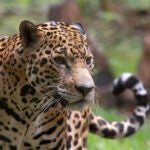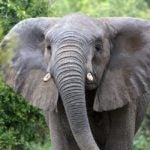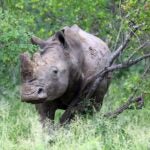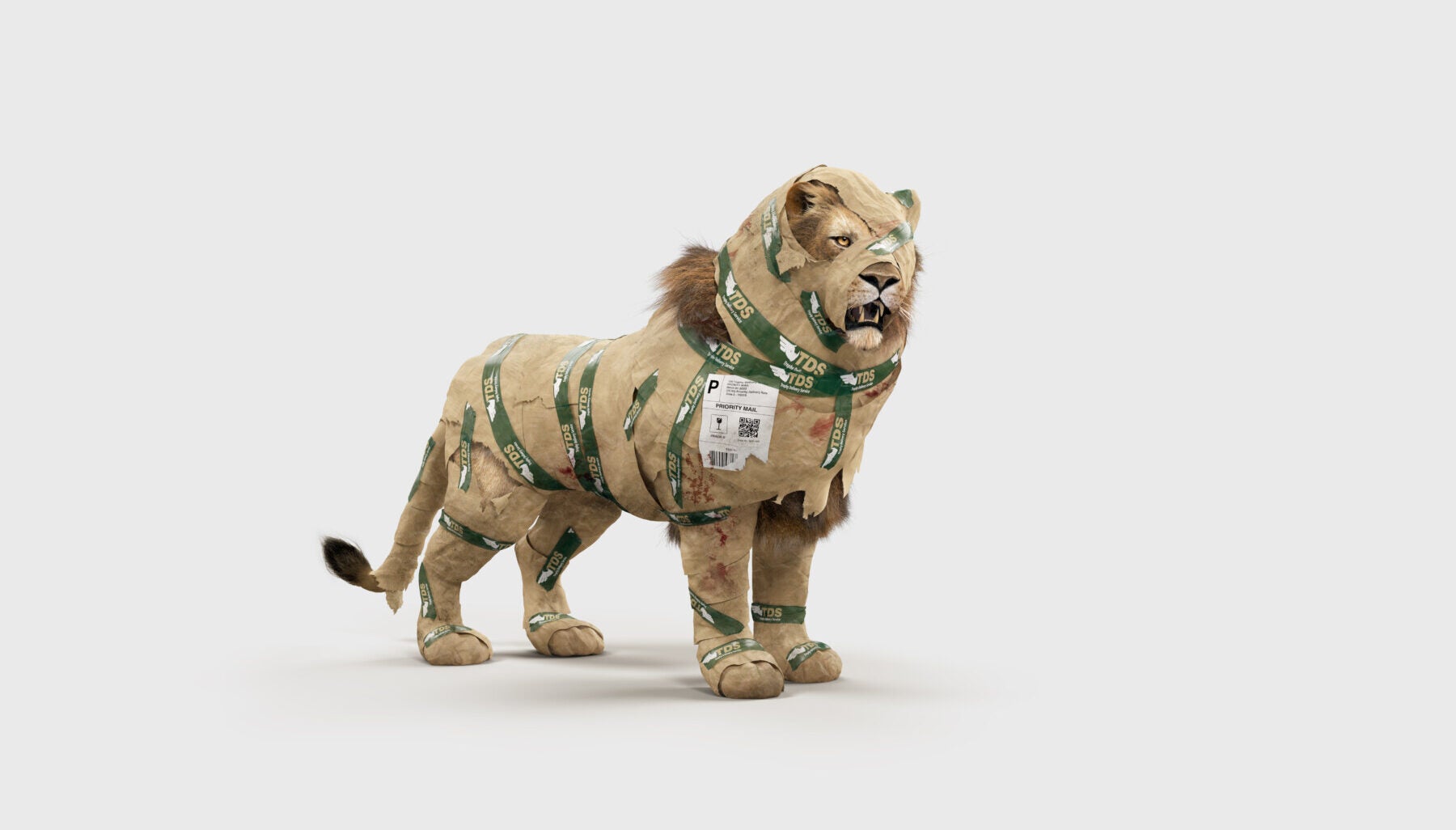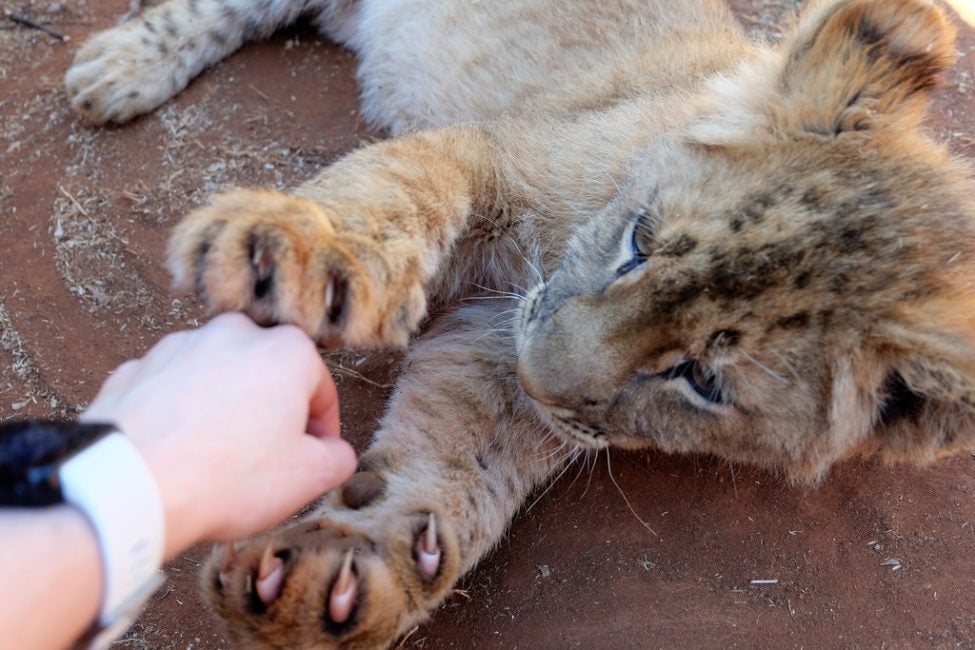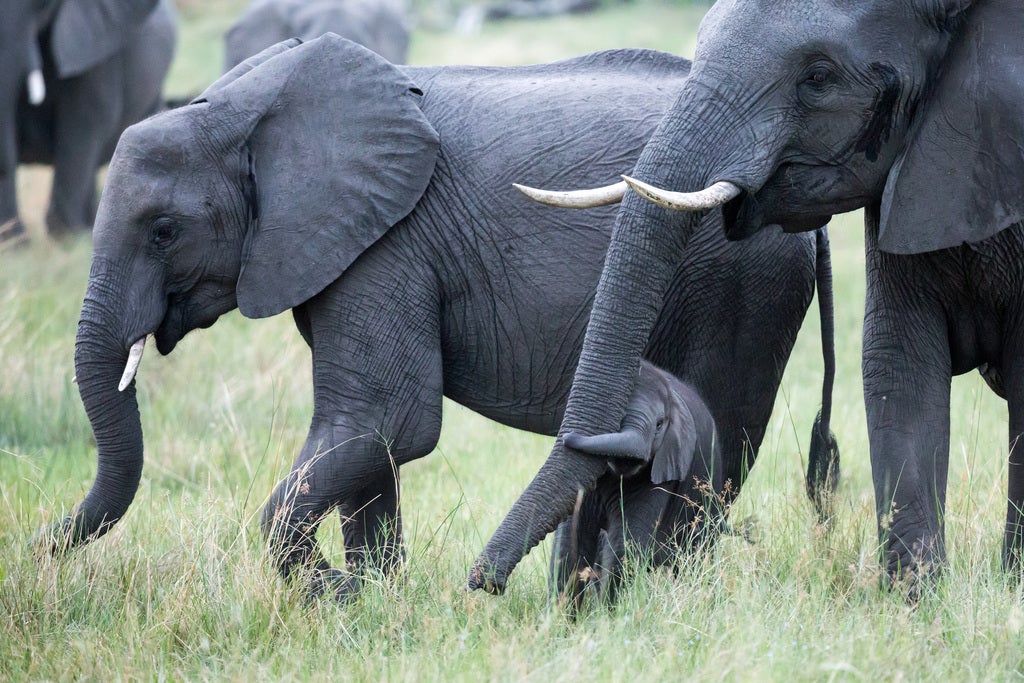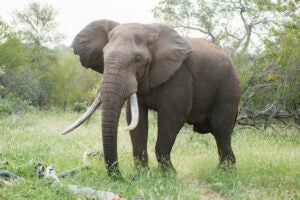
WASHINGTON—Trophy hunters have killed two of Botswana’s biggest elephants. They belonged to the few remaining “hundred-pounder” elephants—elephants with at least one tusk weighing 100 pounds—of which there are said to be fewer than 40 left in the whole of Africa. They were critically important for stability in the elephant community and essential for wildlife tourism.
The two male savanna elephants were in an unpopulated corner of northern Botswana. The largest of the two had tusks weighing around 100 pounds each—, almost 8 feet in length—and is estimated to have been in his early 50s. He was still in his prime at the time he was killed. Male elephants live an average of 65 years, and older bulls father most of the elephant calves who are born.
Botswana’s former president, Ian Khama, was reportedly outraged at the news as there are only a small number of the world-famous “big tuskers” left in the world. Khama had banned the trophy hunting of elephants, but it became legal again in 2019 under his successor.
In response to the tragedies, Humane Society International released the following statements on this devastating news:
Teresa Telecky, vice president of HSI’s wildlife programs, said: “Killing such magnificent animals for amusement is a moral and ecological tragedy. These elephants were an important influence in their herds and to the future of younger males. Along with other big tuskers, they represented the promise and reality of exciting, educational and breathtaking wildlife viewing tourism as dynamic revenue sources for Botswana and other range nations. Trophy hunters must end their bogus, false claims that the money they pay for their so-called thrill to kill helps human communities. Their downright cruelty is not about helping anyone but about someone’s sick desire to hang a head in the living room.”
Audrey Delsink, Humane Society International/Africa wildlife director, said: “It is incomprehensible that two of the last great tuskers of Africa have been slaughtered as trophies for a fee. There is no replacing the intrinsic value that these extraordinary, majestic beings contributed to elephant society, genetics and natural history. Make no mistake – these once living icons were mowed down in the prime of his life, for the sake of a record book entry. These deaths are not only a travesty on a biological scale, but an indication that humankind’s moral compass is in serious need of realignment.”
Arthur Thomas, Humane Society International/UK public affairs manager, said: “That so few of these incredible elephants survive today is a mark of shame on humanity and that they continue to be killed legally for fun is outrageous. Someday soon the last great tusker will be killed, and future generations will judge those who failed to stop it. Until the UK Government acts on its commitment and bans the import of hunting trophies, we are complicit in this wanton destruction of the natural world.”
Kitty Block, president and CEO of the Humane Society of the States and CEO of Humane Society International, said in her blog: “It is these imposing tusks that make such elephants targets for trophy hunters, who favor rare animals with striking visual features and those who may be riskier to hunt because it makes killing them a bigger thrill with bigger bragging rights. How can we as a global community still allow the wanton slaughter of emotionally complex, intelligent and rare animals simply for the chance to boast about killing them?”
ENDS
Media contact: Rodi Rosensweig, senior principal strategist in media relations:rrosensweig@humanesociety.org ; +1 202-809-8711.

